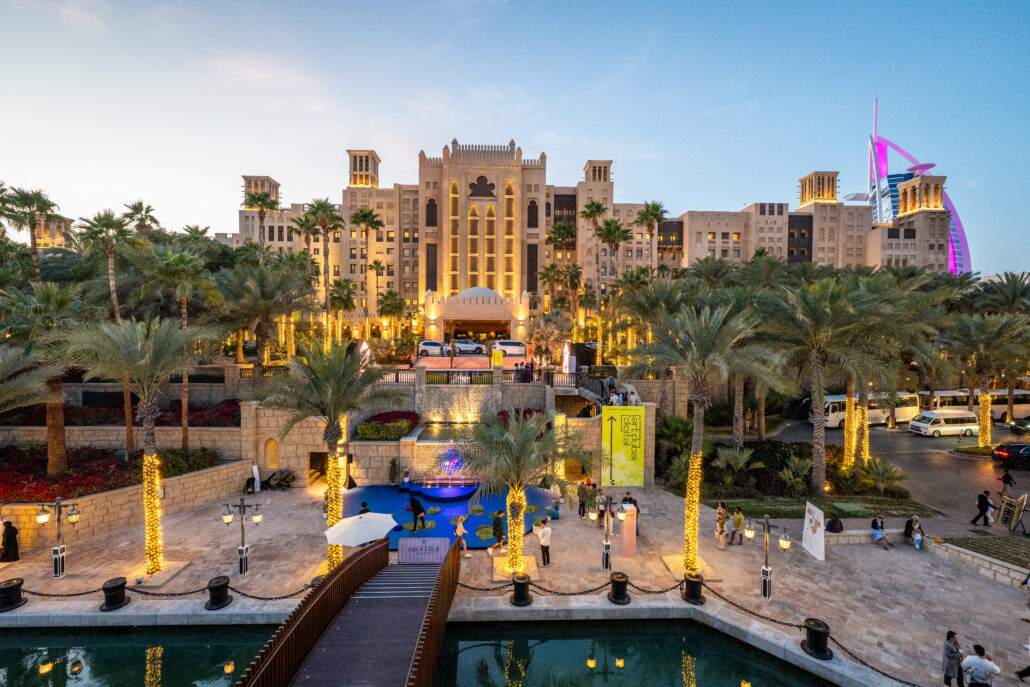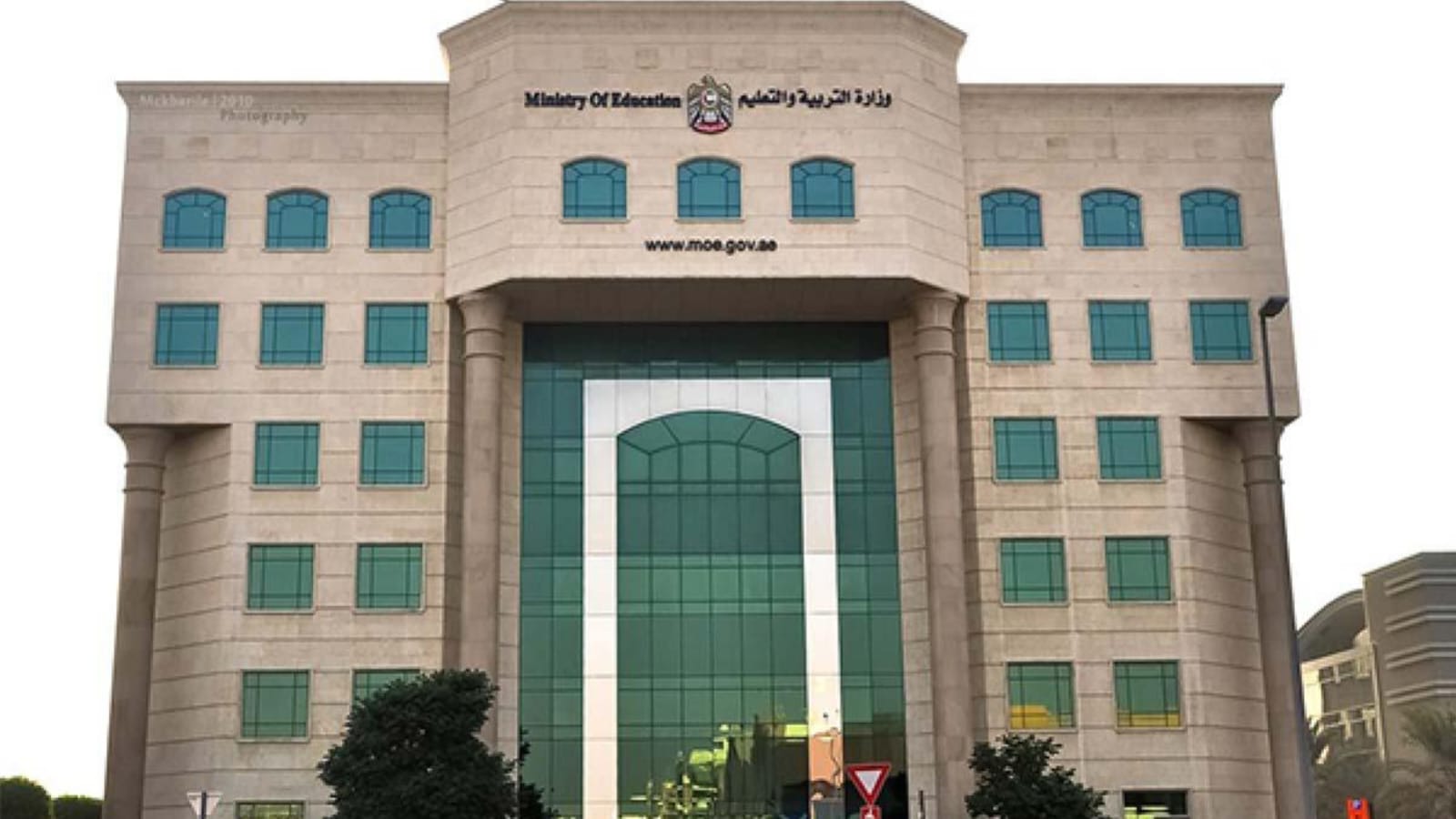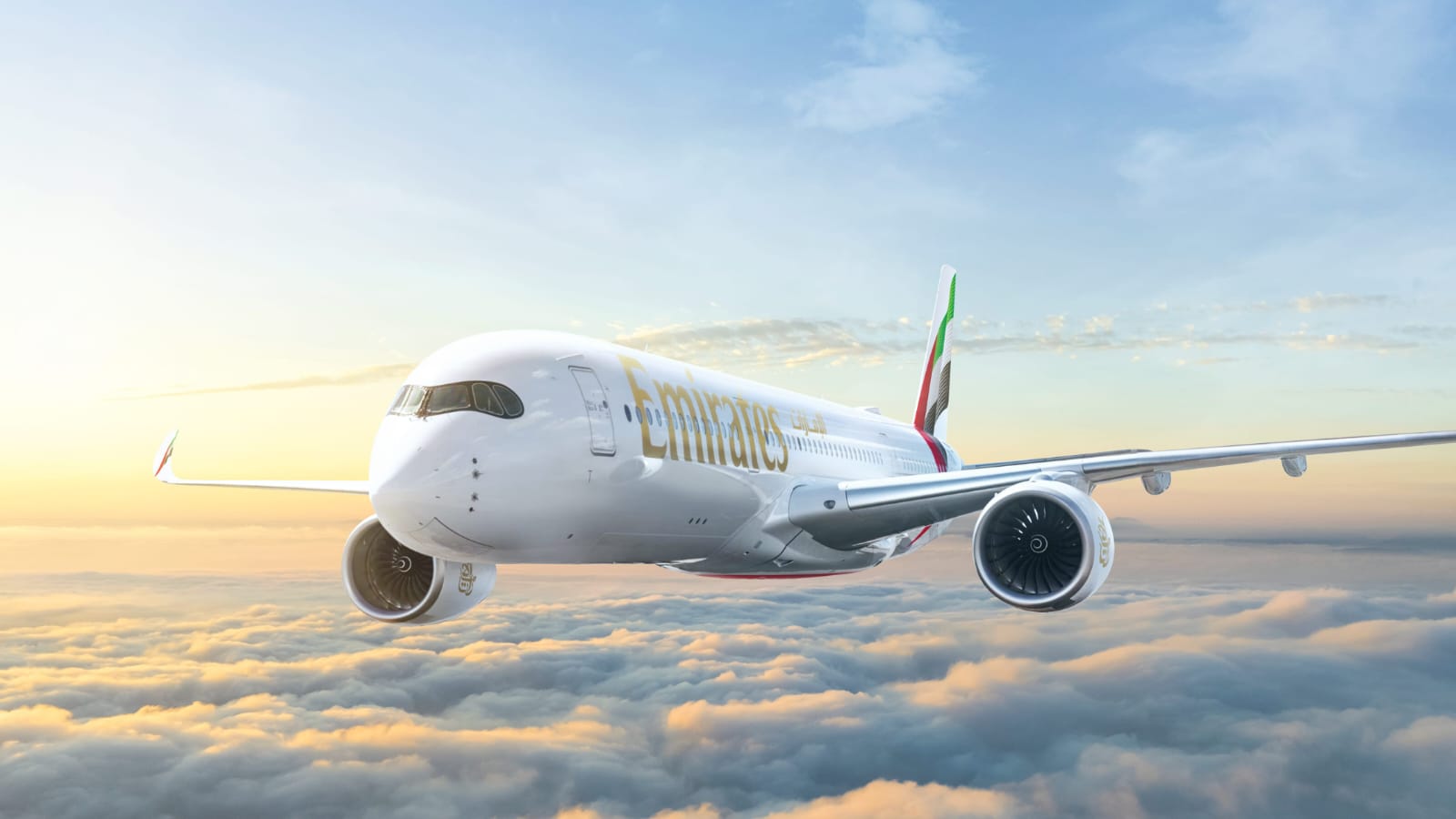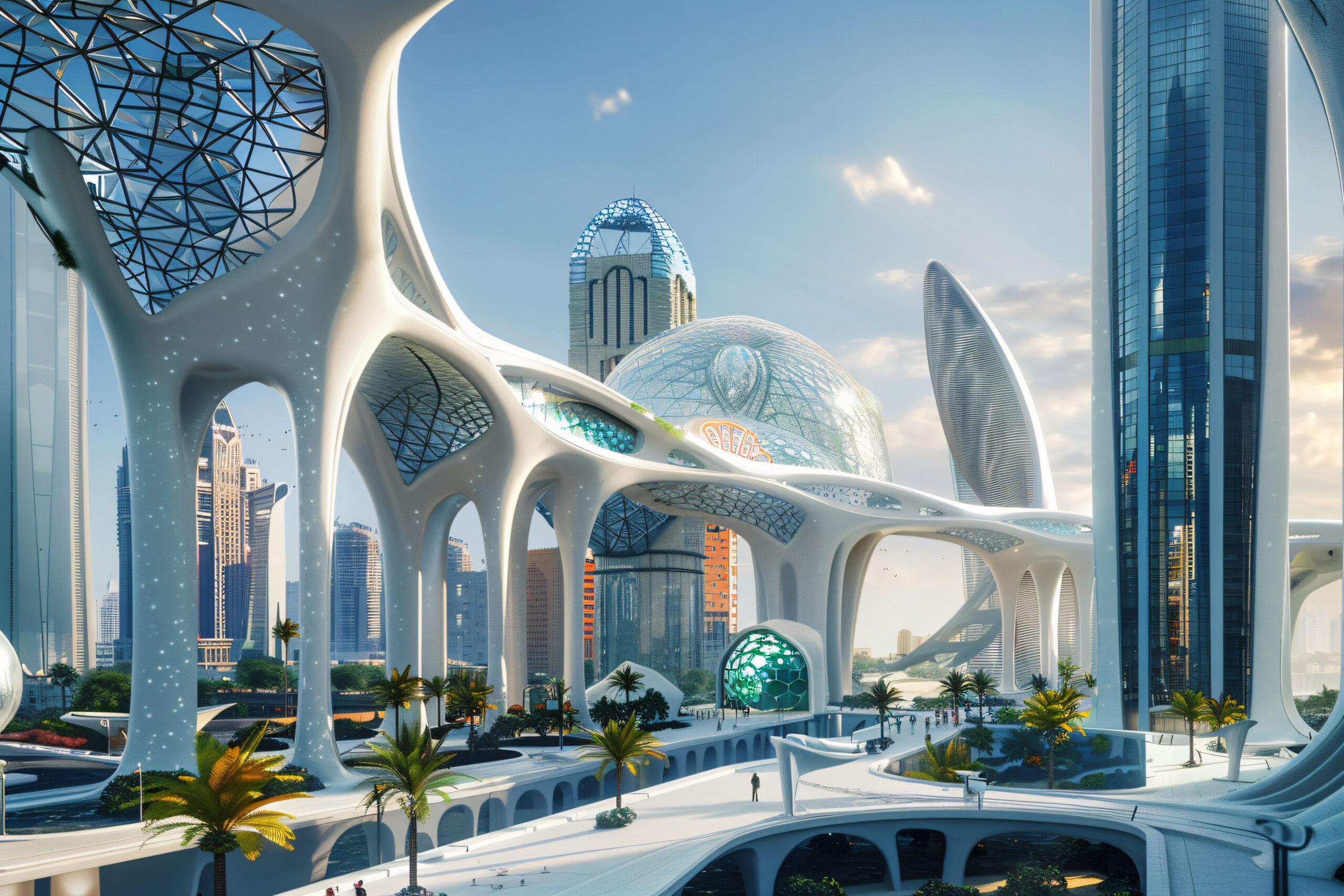Dubai Air Taxi Completes First Test Flight Ahead of 2026 Launch

Dubai has marked a historic advancement in futuristic transportation with the successful test flight of an electric air taxi. The achievement, carried out in collaboration between Dubai’s Roads and Transport Authority (RTA) and U.S.-based Joby Aviation, represents a major milestone in the emirate’s vision to redefine urban mobility. As the city prepares for the full-scale launch of air taxi services by 2026, this test flight underlines Dubai’s commitment to sustainable, innovative, and technologically advanced transport infrastructure.
Announced by Sheikh Hamdan bin Mohammed bin Rashid Al Maktoum, Crown Prince of Dubai, the test flight reflects the emirate’s strategic drive to become a global leader in smart transportation systems. His message on social media emphasized how the air taxi aims to shorten travel time, improve quality of life, and support Dubai’s long-term goals of environmental sustainability.
Electric Air Taxi Launch Highlights Dubai’s Smart Transport Strategy
Dubai’s urban development blueprint focuses heavily on sustainable mobility and the incorporation of cutting-edge technologies. The air taxi is a clear embodiment of this philosophy, designed to function within an ecosystem of smart solutions that also includes autonomous vehicles, the Dubai Hyperloop, and AI-powered traffic control systems.
With its electric propulsion and vertical take-off and landing (eVTOL) capabilities, the air taxi tested in Dubai offers an efficient and eco-friendly alternative to traditional transport. By reducing reliance on fossil fuel-powered vehicles and minimizing urban congestion, the air taxi supports the UAE’s broader climate goals, including its Net Zero 2050 strategy.
Joby Aviation’s Role in Dubai’s Air Mobility Revolution
The test aircraft was manufactured by Joby Aviation, a leading name in the development of electric vertical take-off and landing aircraft. Based in the United States, Joby Aviation has positioned itself at the forefront of sustainable aviation, and their partnership with Dubai RTA signifies a powerful collaboration between innovation hubs across continents.
The Joby aircraft used in the flight is designed to carry one pilot and up to four passengers. Operating quietly and with zero emissions, it offers a futuristic solution for short urban journeys. The aircraft can travel up to 160 kilometers on a single charge and has a top speed of 320 kilometers per hour, making it ideal for rapid city-wide travel.
Strategic Air Taxi Infrastructure Development Across Dubai
To support this new mode of transportation, Dubai is investing in a network of vertiports—specialized terminals for vertical takeoff and landing vehicles. These vertiports will be strategically positioned across high-traffic areas, including near airports, major business zones, tourist destinations, and residential neighborhoods.
Each vertiport will include electric charging stations, passenger lounges, safety monitoring systems, and integration with Dubai’s multi-modal transport network. By 2026, these facilities will become a vital part of the city’s infrastructure, helping to seamlessly integrate air taxis with existing mobility services such as the Dubai Metro, RTA buses, and ride-hailing platforms.
Air Taxi Safety, Regulation, and Public Readiness
While the technology is impressive, regulatory readiness is just as crucial. Dubai’s authorities, in collaboration with global aviation bodies, are formulating a comprehensive legal framework to oversee safety standards, pilot licensing, air traffic control, and environmental compliance.
Public trust is also a key factor in successful adoption. Dubai has launched awareness campaigns to inform residents about the benefits and safety of air taxis. Focused educational programs and digital simulations will help demystify the experience and ensure the public is prepared for the new technology.
Eco-Friendly Urban Transport with Electric Vertical Take-Off Jets
The electric air taxi aligns with global trends favoring low-emission transport alternatives. With minimal noise pollution and zero tailpipe emissions, eVTOL aircraft represent the future of urban transport. The vehicles run on electric batteries, making them a clean, quiet alternative to helicopters or private cars.
In addition to environmental benefits, air taxis could help relieve Dubai’s road congestion, particularly during peak hours. This improvement in transport efficiency will also enhance overall productivity and accessibility, especially in fast-paced business districts and heavily visited areas.
Dubai Air Mobility and the 2040 Urban Master Plan
The air taxi program ties directly into Dubai’s 2040 Urban Master Plan, which focuses on enhancing mobility, sustainability, and quality of life for its residents. The plan aims to transform Dubai into one of the world’s best cities for living by investing in technology and public services that match future needs.
The plan includes substantial investments in infrastructure, green mobility, public transport integration, and smart city features. Air taxis are expected to complement this framework, offering a modern solution to urban travel while setting a global benchmark in city planning and technological adaptation.
Positioning Dubai as a Global Smart Mobility Leader
Dubai’s competitive advantage lies in its rapid implementation of futuristic projects backed by strong leadership and clear governance. With the air taxi project, Dubai is strengthening its position as a global capital of innovation and sustainable urban transport.
Few cities worldwide have matched the pace at which Dubai is adopting electric aviation. The city’s proactive efforts not only attract tech companies and investors but also inspire other metropolitan areas to rethink how urban transport can evolve.
Air Taxi Services to Launch by 2026: What’s Ahead
Dubai plans to commercially launch air taxi services by 2026. The initial routes will likely connect key areas such as Downtown Dubai, Dubai Marina, Al Maktoum International Airport, and Expo City. As infrastructure scales and public confidence grows, more routes will be added.
Air taxi fares are expected to be competitive with premium ride-sharing services, especially considering time saved and the unique experience offered. More information about pricing models, flight booking platforms, safety instructions, and pilot certifications will be rolled out in the coming months.
Authorities are also working on strategic partnerships with private operators to manage and maintain the fleet, while ensuring compliance with international aviation regulations. The introduction of air taxis is expected to create jobs in tech, aviation, logistics, and infrastructure sectors.
Smart Transport Evolution: Connecting Technology and Daily Life
Dubai’s air taxi venture represents more than a leap in transportation—it reflects the city’s evolving relationship with technology. Through investments in AI, IoT, cloud computing, and clean energy, Dubai is building a smart ecosystem where transport systems are connected, intelligent, and responsive.
The test flight of the electric air taxi is an early glimpse into how everyday life will change in the coming decade. From how we commute to how cities are structured, such advancements will touch every aspect of urban living.
Dubai Charts a New Course in Aviation Innovation
With the successful test flight of its first air taxi, Dubai takes a bold step toward a future defined by sustainable innovation and seamless mobility. As the city prepares to integrate aerial vehicles into its transport grid by 2026, it continues to reaffirm its commitment to becoming a global leader in smart infrastructure.
By merging world-class technology with visionary urban planning, Dubai is not only changing how people move but also how cities think. This air taxi achievement paves the way for a dynamic new era in global urban mobility.








1 Comment
[…] reinforce this strategy. From accessible ramps to dedicated parking, city infrastructure across Dubai, Abu Dhabi, and other emirates has been transformed to cater to diverse […]
Comments are closed.